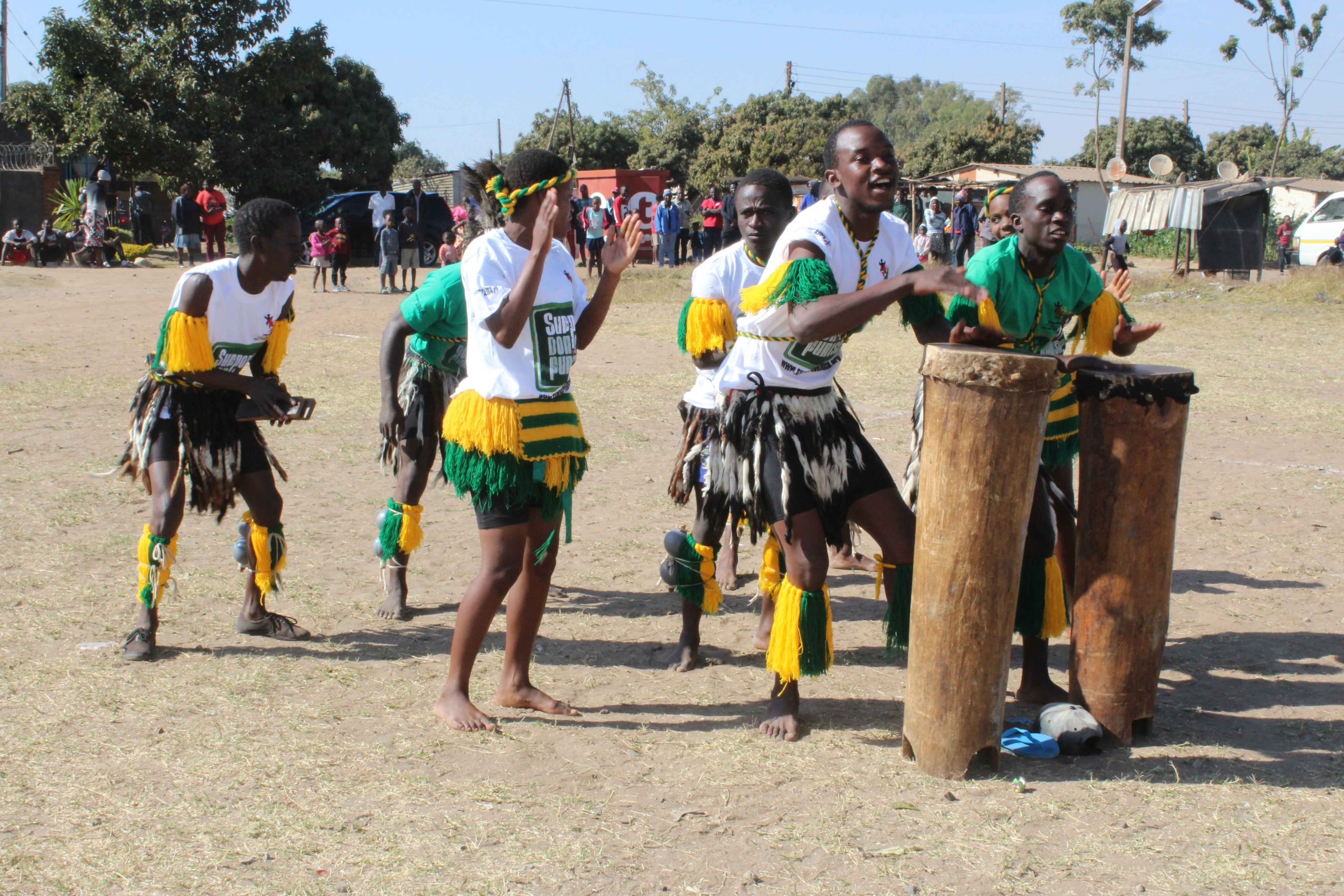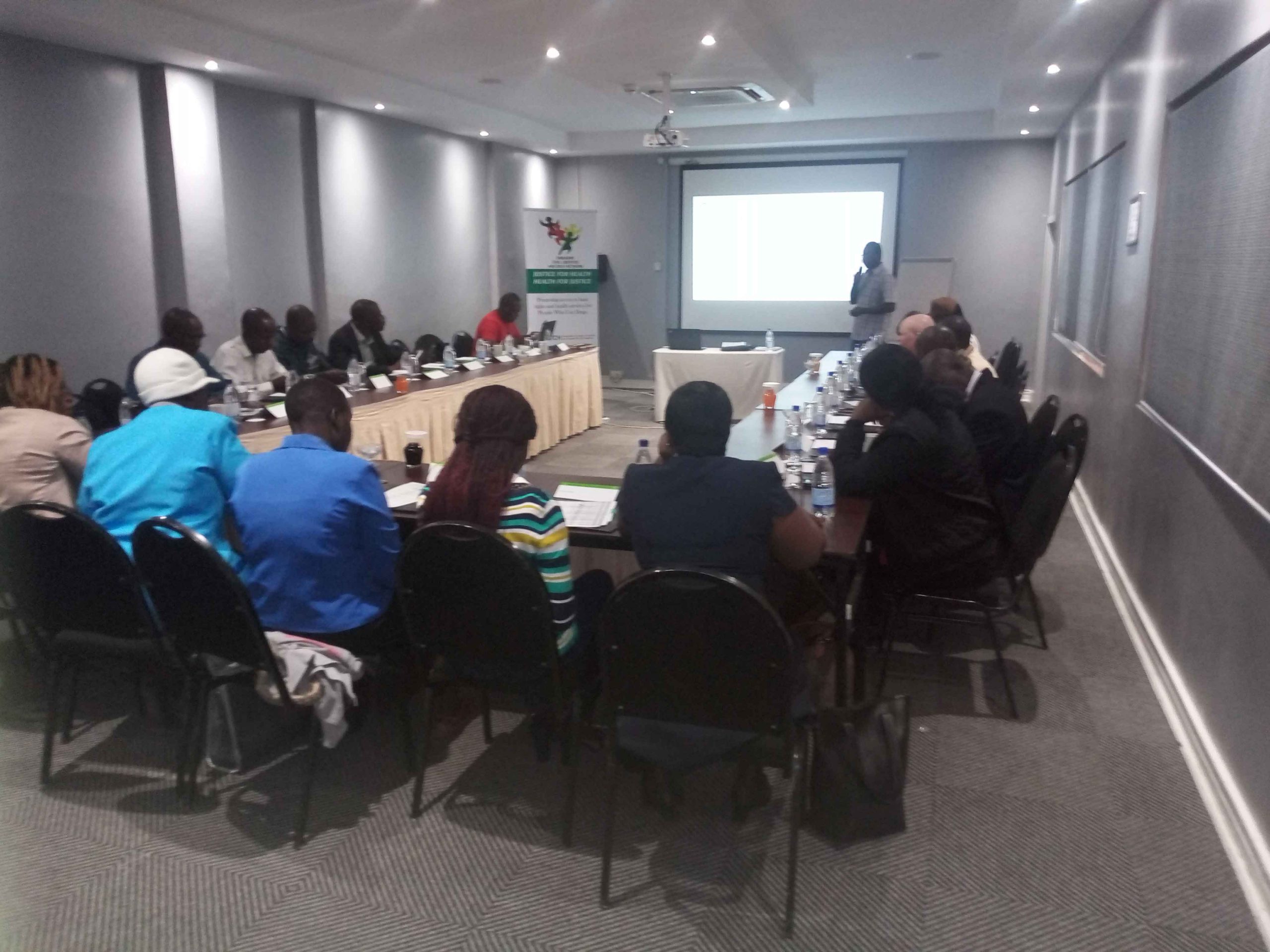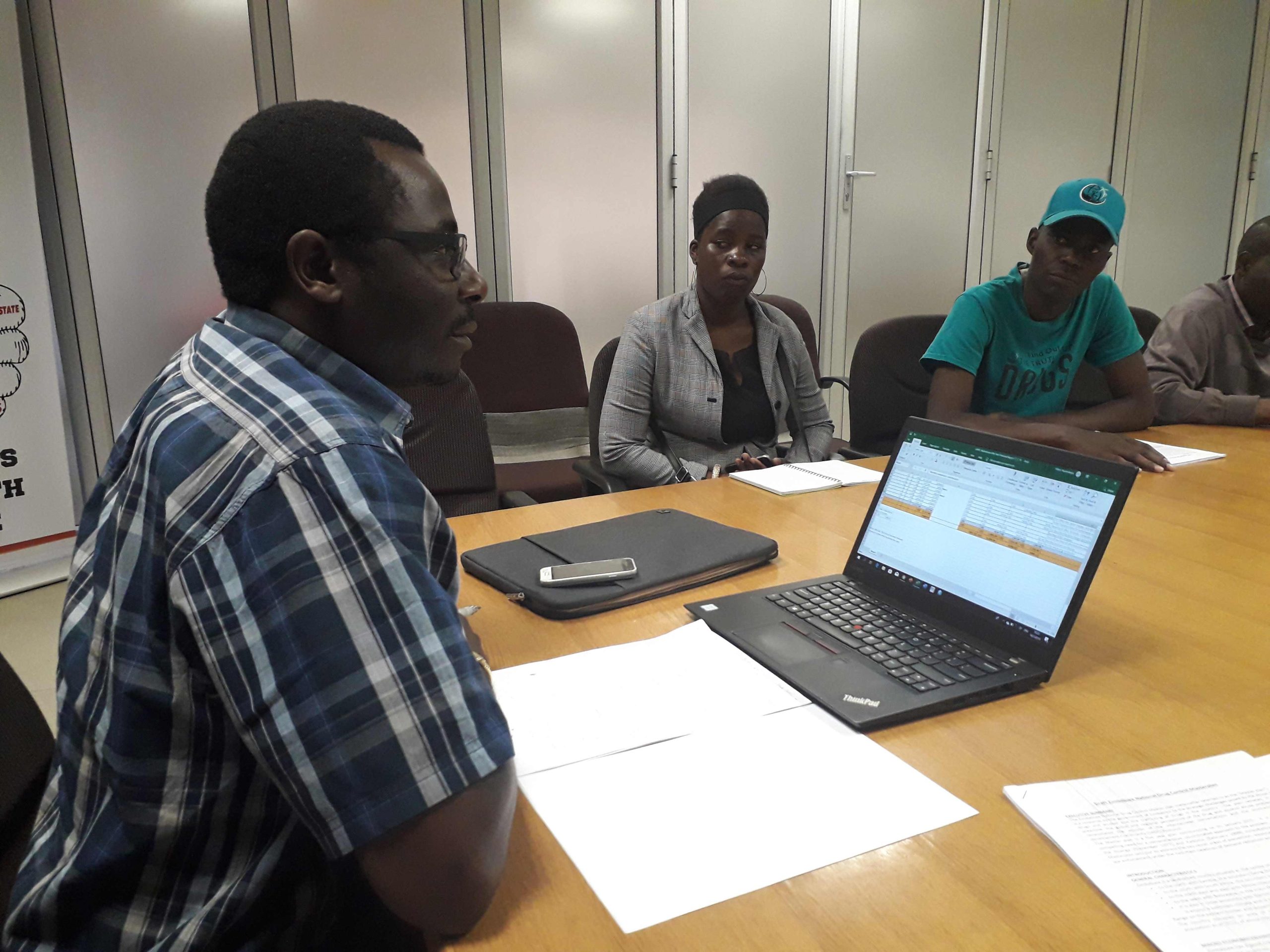ZIMBABWE CIVIL LIBERTIES AND
DRUG
Advocating for the effective strategies for addressing problems
associated with drug use in Zimbabwe and Southern Africa







About ZCLDN
Zimbabwe Civil Liberties and Drug Network [ZCLDN], established in 2011, is a registered national initiative working in Zimbabwe with the mission to advocate for the effective strategies for addressing problems associated with drug use in Zimbabwe and Southern Africa. The organization works with the mission to promote and develop human drug policies that are based on tolerance, promotion of health, human rights, and dignity. It is a knowledge-based center of expertise on harm reduction and addiction. It works to establish workable policies that are grounded in science, public health, and human rights to help minimize the harms associated with drug use.
We provide numerous services to support the daily work of policy makers and professionals in the mental health and addiction fields for their clients as well as for the general public. We make available a full range of information obtained through research on mental illness, addiction, recreational drugs and alcohol. We also advice government on workable policies on drug use. ZCLDN will expose and challenge stigma, discrimination, and the criminalization of people who use drugs and its impact on the drug-using community’s health and rights. ZCLDN will achieve this through processes of empowerment and advocacy at the international levels, while supporting empowerment and advocacy at community, national and regional levels.
Our Aims
- 1. To advocate and lobby at the national and international level for the rights of people who use drugs.
- 2. To maintain an organization that is effective, transparent and accountable to its membership.
- 3. To promote effective prevention, treatment, care and support for people who use drugs who are living with and affected by HIV, Hepatitis, TB and other relevant health issues.
- 4. To advocate for intermediate reforms to drug laws in order to reduce the criminalization and stigmatization of people who use drugs while striving in the longer term to an end to prohibition.
- 5. To support and seed the development of self-determining networks of drug users that advocate for the health, citizenship and human rights of people who use drugs.
- 6. To promote and advocate for harm reduction as a means of supporting safer drug use and reducing drug related harm among people who use drugs.
- 7. To build alliances with like-minded organizations and broader civil society to further the aims of ZCLDN.
Our Core Advocacy Positions
1. Promoting of Drug Policy Reform and Harm Reduction Services
ZCLDN promotes drug policy reform and the introduction of harm reduction services in Zimbabwe. Zimbabwe drug laws, Dangerous Drugs Act Chapter 15 and the Criminal Code Chapter 9:23 Section 157, just like the whole of sub- Saharan Africa criminalizes people who use drugs. Criminalization is not a panacea to challenges associated with drug use. Criminalization has robbed People who use drugs of their freedom and opportunities.
2. Self-determination and meaningful involvement of people who use drugs.
People who use drugs have got rights to shape their destiny. ZCLDN through peer led programs empowers its membership to self-determination and meaningful involvement in matters that determine their day to day lives.
3. Responding to human rights abuses on people who use drugs
Through peer led programs, ZCLDN has championed and responded to human rights abuses on people who use drugs including representing peers in court of laws to ensure that PWUD are not abused.
4. Removing social & structural barriers to health
People who use drugs must have the same access to health services as any other community. This means equitable access to high quality healthcare, Opioid Agonist Treatment (OAT) along with other medications, HIV prevention and treatment, and harm reduction services and programmes which meaningfully involve peers and communities in central leadership roles.
5. Decriminalization of all drugs
The criminalization of drugs is the basis of most, if not all, systemic harms faced by people who use drugs globally. Criminalization drives stigma, inequality, violence and rights deprivation for people who use drugs, and has been adopted as the standard approach to drug policy by most nations over the last century. The criminalization of drugs has been historically tied to colonialism and ideas of racial or national superiority, being utilized by states throughout history to justify discrimination and violence against communities. By enforcing criminalization, states make it clear they are willing to sacrifice the wellbeing of millions in pursuit of narrow-minded and xenophobic ideologies. Not only is a drug free world impossible, but it is also unnatural; humans have been using drugs for all of our history, and drugs have brought a great amount of good to many people throughout the world.
6. Challenging Stigma and Discrimination
Stigma and discrimination are an albatross that affects people who use drugs in communities. Zimbabwe is no exception to the challenge. ZCLDN through peer led programs and support groups, has managed to challenge a lot of stigma and discrimination amongst its community in Zimbabwe through engaging parliamentarians, capacity building to health workers, media and the general populace in Zimbabwe.
Our Latest Blog
ZCLDN reviews drug laws in Zimbabwe
PEER REVIEWTHE CURRENT LEGAL FRAMEWORK IN ZIMBABWE




